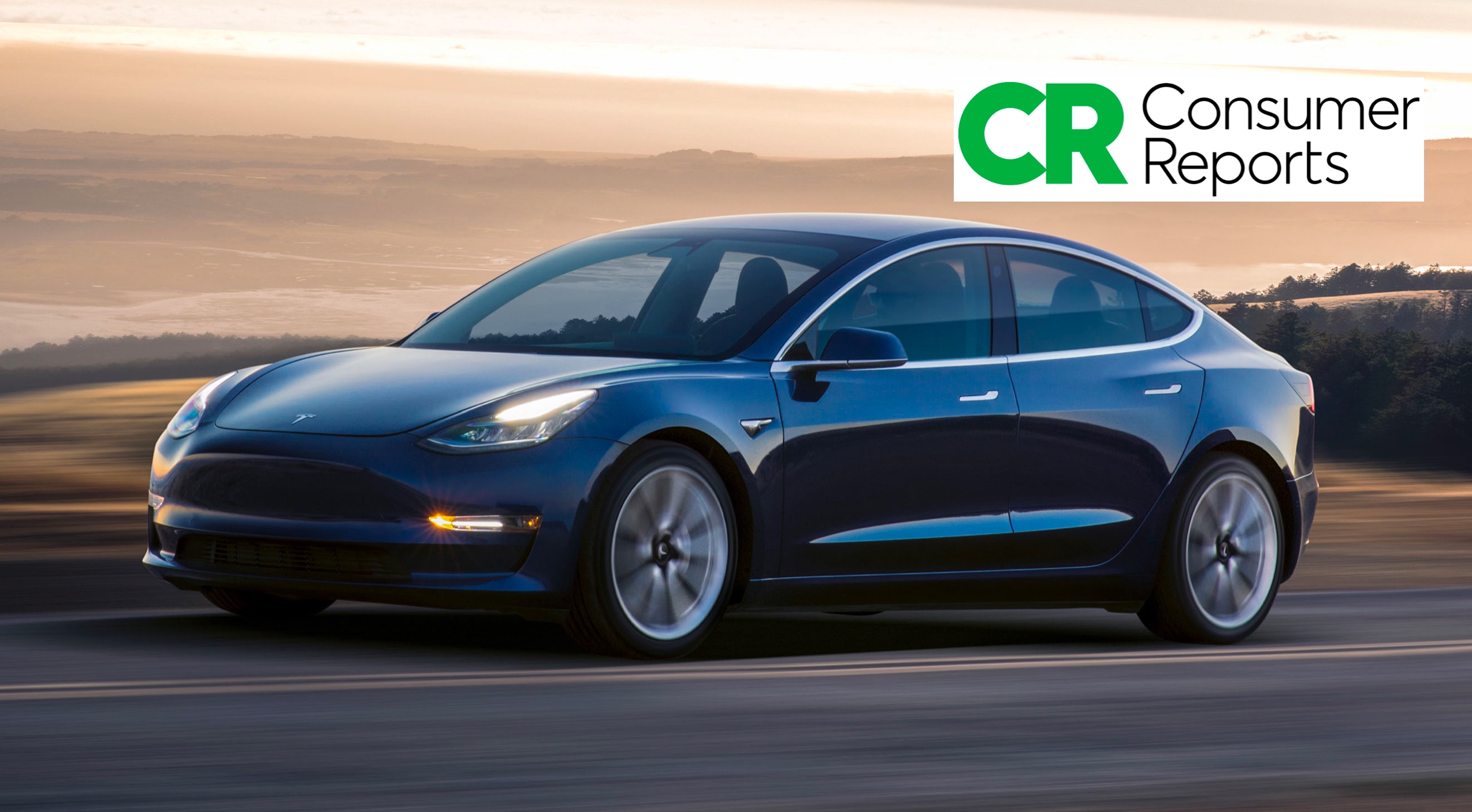
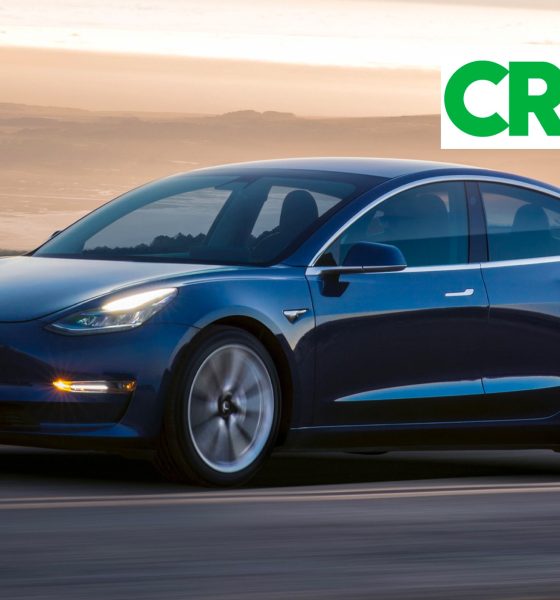
News
CR responds to Tesla over claims that its reviews are inaccurate and misleading
Consumer Reports has fired back at Tesla, issuing a statement that defends its recent report that predicts Model 3 to have “average reliability”. “Tesla appears unhappy that CR expects the new-to-market Tesla Model 3 to be of average reliability, which is generally a positive projection for any first model year of a car.” says CR in a press release sent to Teslarati.
The nonprofit organization that aims to educate consumers on the value of product, that can be anywhere from a household vacuum cleaner to an automobile, through its product testing reinforces its methodology for making predictions. “Here’s how we make the prediction” notes CR, addressing Tesla’s claim that the organization’s “automotive reporting is consistently inaccurate and misleading to consumers”.
“CR uses survey data it receives from car owners to predict the expected reliability of new cars being introduced to the market by looking across a manufacturer’s historic results (akin to how a weather forecaster predicts it will be sunny) — separate from the hands-on road tests we use for our overall score.” reads the press release.
The organization provides further reasoning for the predicted reliability rating assigned to Tesla’s latest mass market vehicle. “For the Model 3, we looked at more than 2,000 consumer survey responses about Tesla models. In fact, the Tesla Model S is now reported as having above average reliability for the first time ever. The Tesla Model S is also currently CR’s top rated car, period. (Kudos on both, Tesla!)”
We’ve provided the full press release from Consumer Reports below. Let us know what your thoughts are in the comments section.
CONSUMER REPORTS RESPONDS TO TESLA’S COMPLAINTS ON REPORTING, RESEARCH AND REVIEWS
Late yesterday, Tesla shared with select journalists what appears to have been a prepared statement of supercharged and unsupported claims about the performance and safety of their own vehicles and our 2017 Annual Reliability Survey results, taking the occasion to air a number of grievances against Consumer Reports (CR) and our overall reporting on Tesla and its products.
As is often the result of any new product or company that electrifies the market, Tesla does garner an outsized level of attention, scrutiny and discussion by the media. While we appreciate Tesla’s efforts to typically embrace and navigate, if not directly steer, this attention, we would like to offer some clarity on the examples they cite. (For other, perhaps not surprisingly Tesla-positive, examples from CR, you can visit the articles currently available at the Tesla press site, at least until they pull those links down, or visit us at CR.org).
Tesla seems to misunderstand or is conflating some of what we fundamentally do — our Annual Reliability Survey report and the related predictions versus our car reviews and tests.
First, Tesla appears unhappy that CR expects the new-to-market Tesla Model 3 to be of average reliability, which is generally a positive projection for any first model year of a car. This expectation is based on CR’s 2017 Annual Reliability Survey, measuring the dependability as opposed to the satisfaction, of more than 300 car models, model year 2000 to 2017, using the responses of individual owners of more than 640,000 vehicles. We provide this information to help people make informed purchasing decisions as new products reach the market.
Here’s how we make the prediction: CR uses survey data it receives from car owners to predict the expected reliability of new cars being introduced to the market by looking across a manufacturer’s historic results (akin to how a weather forecaster predicts it will be sunny) — separate from the hands-on road tests we use for our overall score.
For the Model 3, we looked at more than 2,000 consumer survey responses about Tesla models. In fact, the Tesla Model S is now reported as having above average reliability for the first time ever. The Tesla Model S is also currently CR’s top rated car, period. (Kudos on both, Tesla!)
Second, Tesla has taken larger issue with how CR produces car ratings, citing specific examples where they think our testing methods fell short or were unfair. CR conducts a battery of 50 standardized tests across all the vehicles we review — we have a lot of mileage in this arena. We also continuously update our ratings as new surveys are conducted and we test the cars we purchase to reflect the current realities of what a consumer should expect in the marketplace. (That’s right, purchase. CR does not accept any advertising and purchases the products we rate like any other regular person.) The Model S rating has changed over time, going up and down, as new data becomes available.
Thanks to technological advances such as product changes delivered by an over-the-air software update and thereby adding or subtracting features, we reevaluate products to inform consumers about what to expect after any update. These changes are then reflected in our ratings. Tesla frequently updates its software in just this way, which is relatively unique in the automotive market, often resulting in material changes to its products and therefore our ratings — both positively and negatively. It also happens to drive more frequent press coverage given the need to communicate product changes to consumers.
While our reliability survey data feeds into the overall score we give any product,that is just one input. As with all the cars we review, you can rest assured that we will thoroughly test and evaluate the Model 3 with the same care and scrutiny we apply to all the cars we test just as soon as we can get one — we’re waiting patiently along with other consumers.
As an independent, nonprofit organization that works side-by-side with consumers to create a fairer, safer, and healthier world, CR provides trusted knowledge people depend on to make better, more informed choices. We conduct evidence-based product testing and ratings, rigorous research, hard-hitting investigative journalism, public education, and steadfast advocacy on behalf of consumers’ interests. Buying a car that has an average or above average score for predicted reliability will likely reduce the chances of having problems with the car.
We at CR are confident in our data, methods, and reporting — and the historic results we’ve achieved in improving consumer products, services, and the marketplace. We will continue to report on and test Tesla’s products in the same fair-minded, consumer-focused way we do with all manufacturers, to help shape products to best serve the needs of consumers.

News
Anti-Tesla union leader ditches X, urges use of Threads instead
Tesla Sweden and IF Metall have been engaged in a bitter dispute for over two years now.
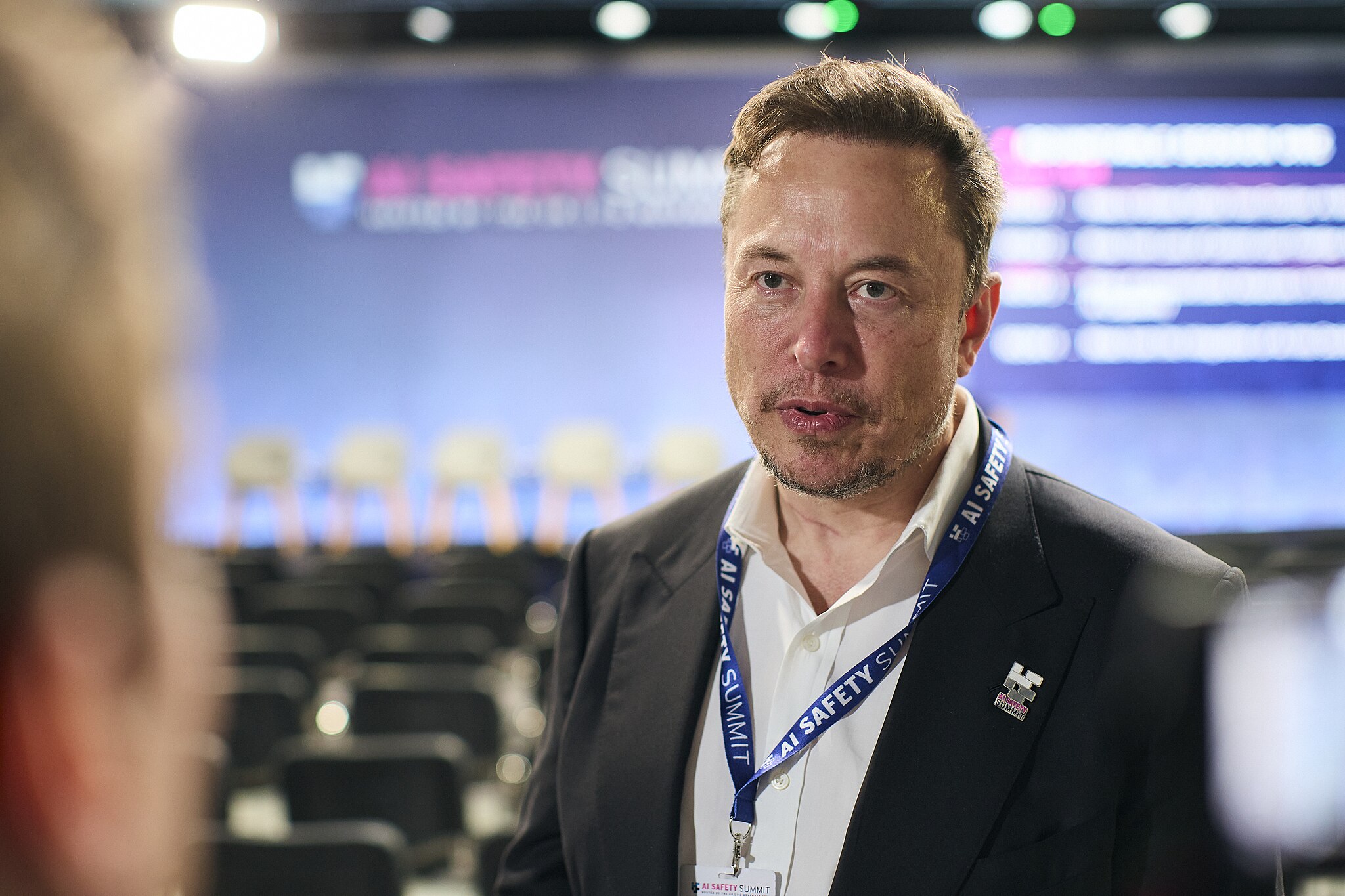
Marie Nilsson, chair of Sweden’s IF Metall union and a prominent critic of Tesla, has left X and is urging audiences to follow the union on Meta’s Threads instead.
Tesla Sweden and IF Metall have been engaged in a bitter dispute for over two years now.
Anti-Tesla union leader exits X
In a comment to Dagens Arbete (DA), Nilsson noted that her exit from X is not formally tied to IF Metall’s long-running labor dispute with Tesla Sweden. Still, she stated that her departure is affected by changes to the platform under Elon Musk’s leadership.
“We have stayed because many journalists pick up news there. But as more and more people have left X, we have felt that the standard has now been reached on that platform,” she said.
Jesper Pettersson, press officer at IF Metall, highlighted that the union’s departure from X is only indirectly linked to Tesla Sweden and Elon Musk. “Indirectly it does, since there is a lot of evidence that his ownership has caused the change in the platform to be so significant.
“We have nevertheless assessed that the platform had value for reaching journalists, politicians and other opinion leaders. But it is a microscopic proportion of the public and our members who are there, and now that value has decreased,” Petterson added.
IF Metall sees Threads as an X alternative
After leaving X, IF Metall has begun using Threads, Meta’s alternative to the social media platform. The union described the move as experimental, noting that it is still evaluating how effective the platform will be for outreach and visibility.
Pettersson acknowledged that Meta also does not operate under Sweden’s collective bargaining model, but said the union sees little alternative if it wants to remain visible online.
“In a perfect world, all large international companies would be supporters of the Swedish model when they come here. But unfortunately, the reality is not like that. If we are to be visible at all in this social media world, we have to play by the rules of the game. The alternative would be to become completely invisible, and that would not benefit our members,” he said.
Elon Musk
Elon Musk confirms SpaceX is not developing a phone
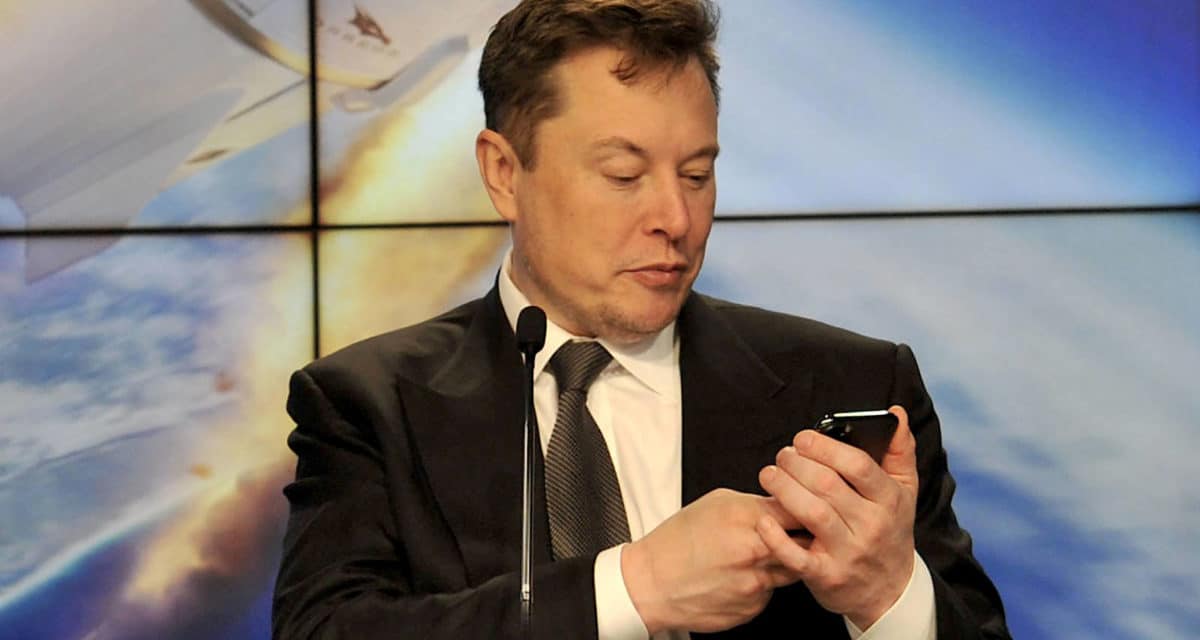
Despite many recent rumors and various reports, Elon Musk confirmed today that SpaceX is not developing a phone based on Starlink, not once, but twice.
Today’s report from Reuters cited people familiar with the matter and stated internal discussions have seen SpaceX executives mulling the idea of building a mobile device that would connect directly to the Starlink satellite constellation.
Musk did state in late January that SpaceX developing a phone was “not out of the question at some point.” However, He also said it would have to be a major difference from current phones, and would be optimized “purely for running max performance/watt neural nets.”
Not out of the question at some point. It would be a very different device than current phones. Optimized purely for running max performance/watt neural nets.
— Elon Musk (@elonmusk) January 30, 2026
While Musk said it was not out of the question “at some point,” that does not mean it is currently a project SpaceX is working on. The CEO reaffirmed this point twice on X this afternoon.
Musk said, “Reuters lies relentlessly,” in one post. In the next, he explicitly stated, “We are not developing a phone.”
Reuters lies relentlessly
— Elon Musk (@elonmusk) February 5, 2026
We are not developing a phone
— Elon Musk (@elonmusk) February 5, 2026
Musk has basically always maintained that SpaceX has too many things going on, denying that a phone would be in the realm of upcoming projects. There are too many things in the works for Musk’s space exploration company, most notably the recent merger with xAI.
SpaceX officially acquires xAI, merging rockets with AI expertise
A Starlink phone would be an excellent idea, especially considering that SpaceX operates 9,500 satellites, serving over 9 million users worldwide. 650 of those satellites are dedicated to the company’s direct-to-device initiative, which provides cellular coverage on a global scale.
Nevertheless, there is the potential that the Starlink phone eventually become a project SpaceX works on. However, it is not currently in the scope of what the company needs to develop, so things are more focused on that as of right now.
News
Tesla adds notable improvement to Dashcam feature
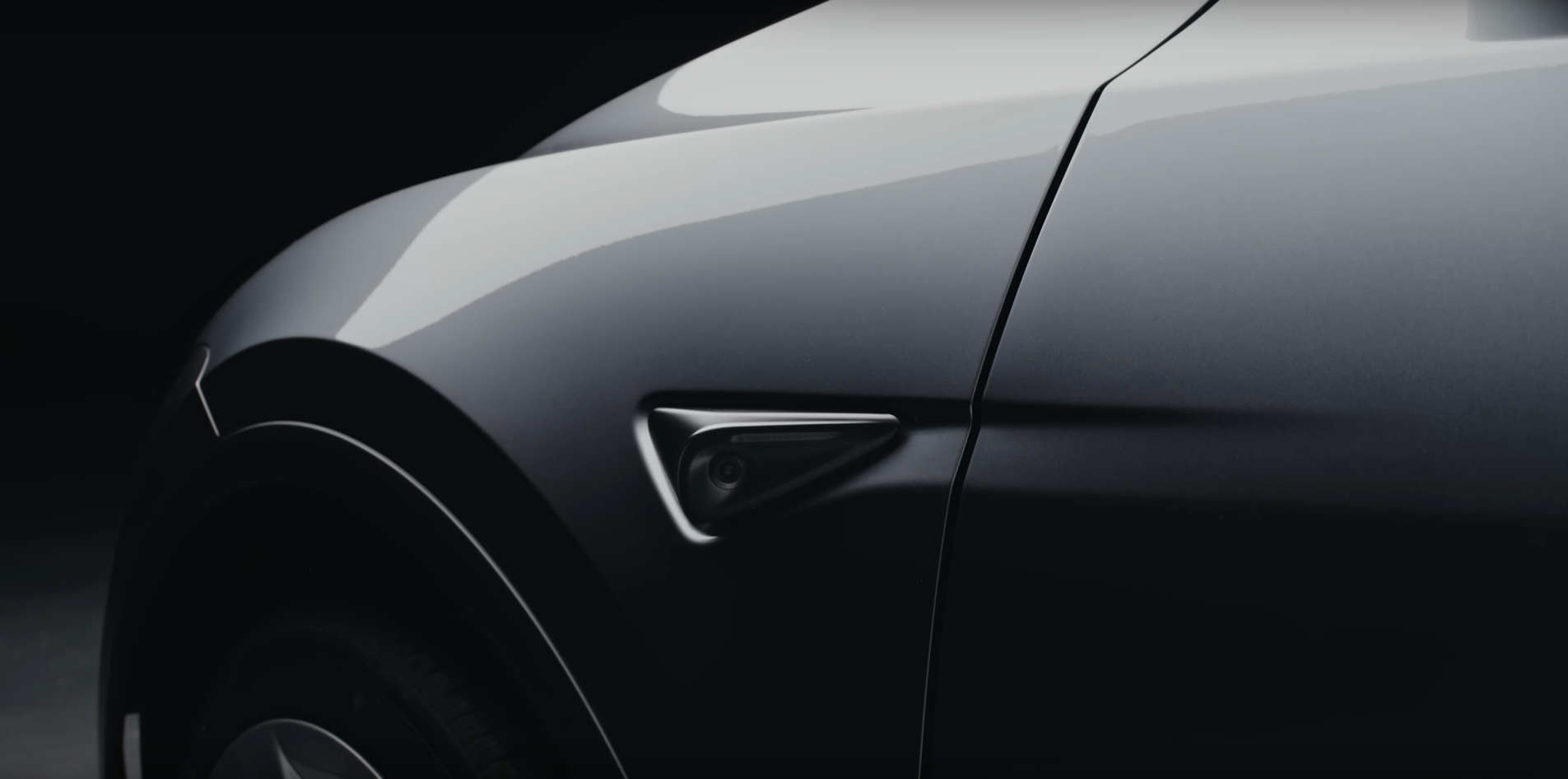
Tesla has added a notable improvement to its Dashcam feature after complaints from owners have pushed the company to make a drastic change.
Perhaps one of the biggest frustrations that Tesla owners have communicated regarding the Dashcam feature is the lack of ability to retain any more than 60 minutes of driving footage before it is overwritten.
It does not matter what size USB jump drive is plugged into the vehicle. 60 minutes is all it will hold until new footage takes over the old. This can cause some issues, especially if you were saving an impressive clip of Full Self-Driving or an incident on the road, which could be lost if new footage was recorded.
This has now been changed, as Tesla has shown in the Release Notes for an upcoming Software Update in China. It will likely expand to the U.S. market in the coming weeks, and was first noticed by NotaTeslaApp.
The release notes state:
“Dashcam Dynamic Recording Duration – The dashcam dynamically adjusts the recording duration based on the available storage capacity of the connected USB drive. For example, with a 128 GB USB drive, the maximum recording duration is approximately 3 hours; with a 1 TB or larger USB drive, it can reach up to 24 hours. This ensures that as much video as possible is retained for review before it gets overwritten.”
Tesla Adds Dynamic Recording
Instead of having a 60-minute cap, the new system will now go off the memory in the USB drive. This means with:
- 128 GB Jump Drive – Up to Three Hours of Rolling Footage
- 1TB Jump Drive – Up to 24 Hours of Rolling Footage
This is dependent on the amount of storage available on the jump drive, meaning that if there are other things saved on it, it will take away from the amount of footage that can be retained.
While the feature is just now making its way to employees in China, it will likely be at least several weeks before it makes its way to the U.S., but owners should definitely expect it in the coming months.
It will be a welcome feature, especially as there will now be more customization to the number of clips and their duration that can be stored.








